Search
Search within Health
634 results found
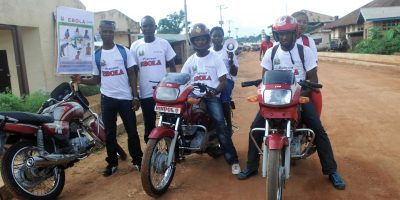
Briefings
Communities are the Real Heroes – Doing Social Mobilisation Differently: Lessons and Recommendations from the Ebola Outbreak
The Ebola outbreak in West Africa has reinvigorated the debate about the role of ‘social mobilisation’ and ‘community engagement’, not only in response to devastating disease but a range of other intractable issues affecting Africa and the rest of the…
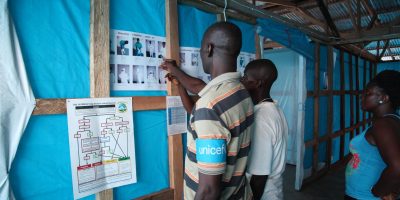
Briefings
Diaspora Communications and Health Seeking Behaviour in the Time of Ebola: Findings from the Sierra Leonean Community in London
The Sierra Leonean diaspora was active in responding to the Ebola outbreak that hit Sierra Leone in March 2014, both by providing financial and material support, and through direct communication with relatives, friends and colleagues back home. This paper looks…
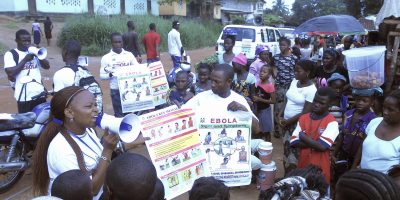
Evidence Reviews
The First Mile: Community Experience of Outbreak Control during an Ebola Outbreak in Luwero District, Uganda
A major challenge to outbreak control lies in early detection of viral haemorrhagic fevers (VHFs) in local community contexts during the critical initial stages of an epidemic, when risk of spreading is its highest (“the first mile”). This paper documents…
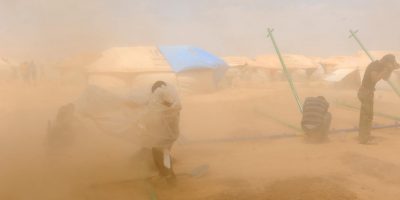
Briefings
Sand and Dust Storms Fact Sheet
Sand and dust storms are a global environmental problem that affects the health and livelihoods of millions of people across the world. These storms, which have increased in frequency, intensity and geographical range in recent decades, have an immense impact…
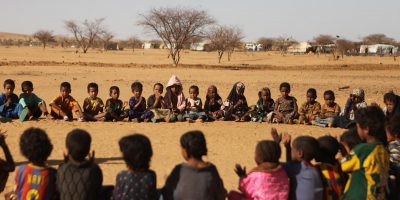
Background Reports
Health through People’s Empowerment: A Rights-Based Approach to Participation
Analysis of the academic discourse on participation, empowerment, and the right to health since the 1978 Alma-Ata International Conference on Primary Health Care and the subsequent Alma-Ata Declaration shows that each phase of the evolution of these concepts added important…
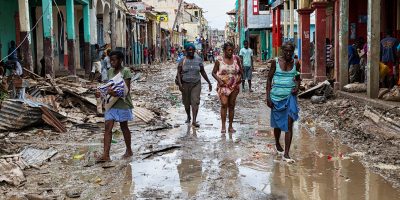
Background Reports
Measuring the Way Forward in Haiti: Grounding Disaster Relief in the Legal Framework of Human Rights
This article provides results from an online survey of humanitarian workers and volunteers that was conducted in May and June 2010. The purpose of the survey was to understand how the humanitarian aid system adopts or incorporates human rights into…

Briefings
Using a Human Rights Accountability Framework to Respond to Zika
Like other mosquito-borne viruses, Zika thrives in areas with substandard sanitation and infrastructure—which are directly linked to state failures to ensure the basic human right to an adequate standard of living. Until recently, the Zika virus was thought to be…
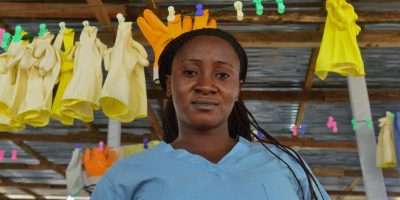
Briefings
Ebola and Human Rights: Insight from Experts
Ebola demonstrates the critical link between health and human rights, the lack of governance, and the misdirection that befalls the international community in addressing such outbreaks. Human rights experts agree that the Ebola response falls into Lawrence Gostin’s paradigm whereby…
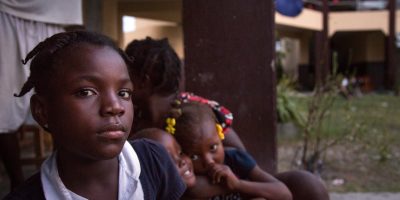
Background Reports
Prioritizing Health: A Human Rights Analysis of Disaster, Vulnerability, and Urbanization in New Orleans and Port-au-Prince
Climate change prompts increased urbanization and vulnerability to natural hazards. Urbanization processes are relevant to a right to health analysis of natural hazards because they can exacerbate pre-disaster inequalities that create vulnerability. The 2010 earthquake in Port-au-Prince and the 2005…
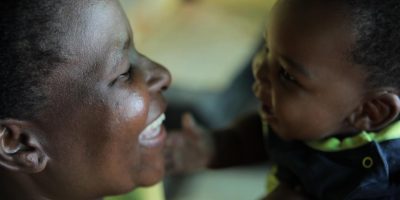
Background Reports
Transforming Policy into Justice: The Role of Health Advocates in Mozambique
Despite expanding policy commitments in many poor countries, health care is often a failure at the point of delivery. Lack of information, poor enforcement, and power dynamics prevent those whose rights have been violated from pursuing redress. In Mozambique, grassroots…
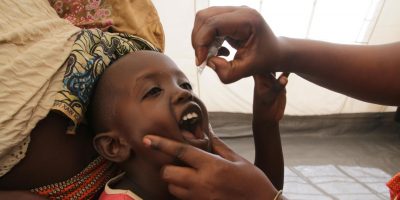
Background Reports
Interview with Francisco Songane: Evidence of Impact of Human Rights-Based Approaches to Health
Dr. Francisco Songane was Mozambique’s minister of health from 2000 to 2004. During his tenure, he oversaw the introduction of innovative strategies to tackle malaria and hepatitis B. In addition to ensuring the inclusion of HIV treatment in the public…
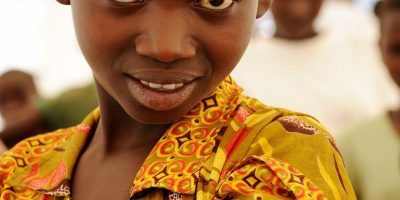
Background Reports
Challenging Orthodoxies: The Road Ahead for Health and Human Rights
Two decades of work delivering health care in poor communities provide a standpoint from which to challenge conventional doctrines in human rights and public health. These orthodoxies include the priority often assigned to civil and political rights over economic and…


